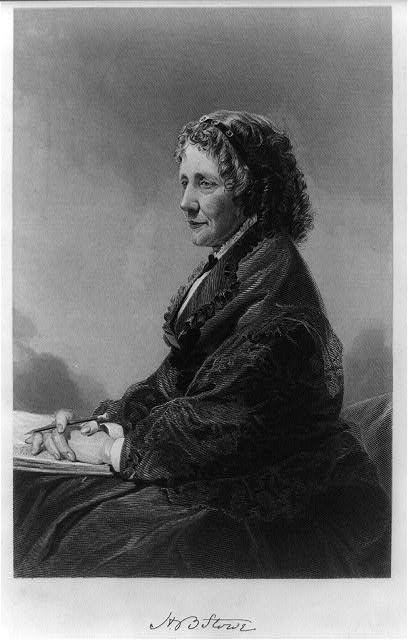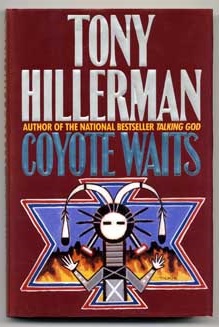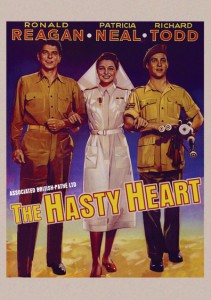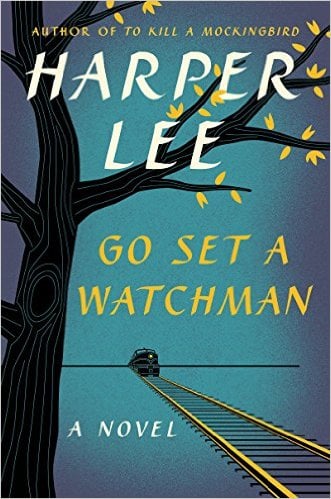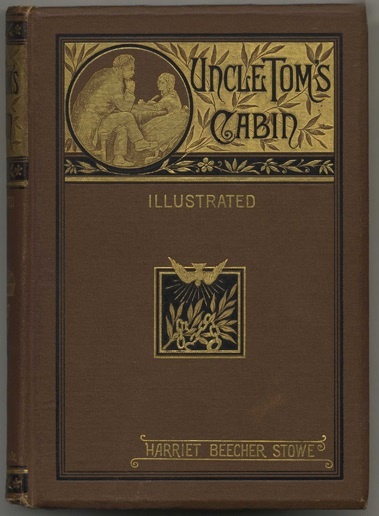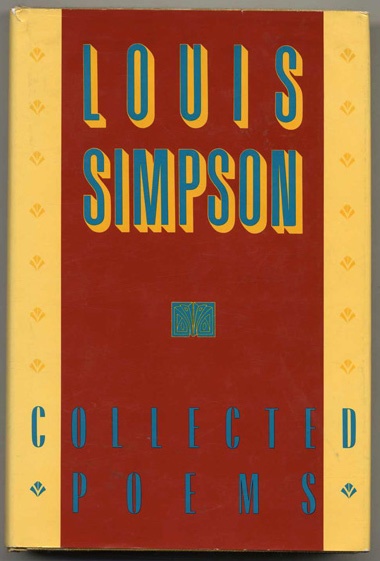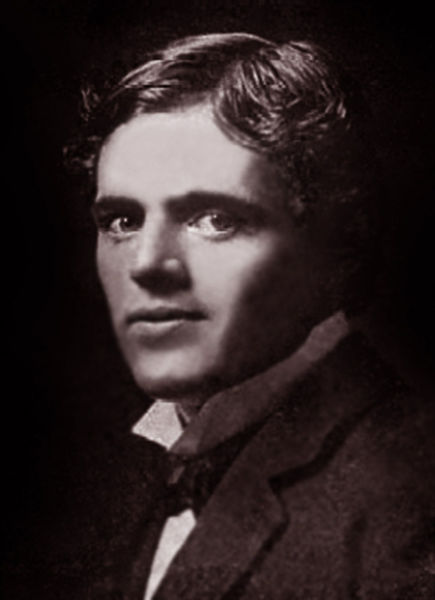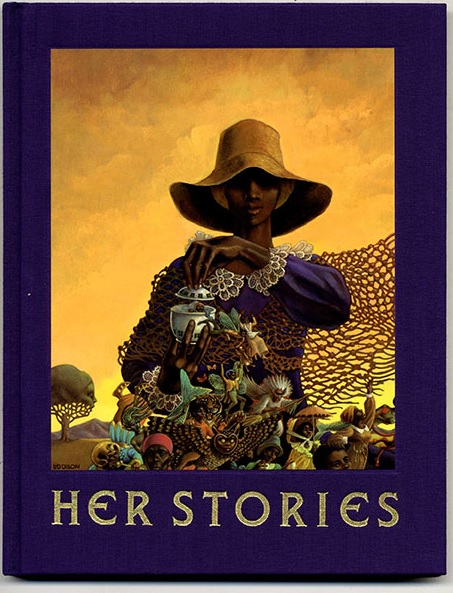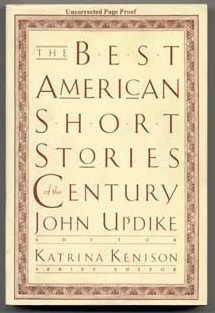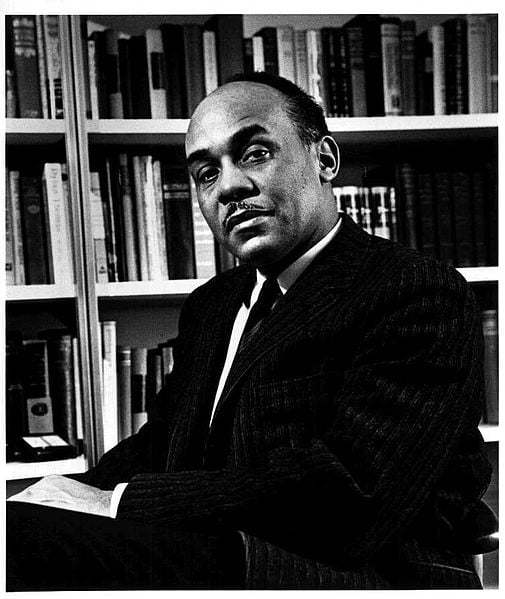We like to believe that every book makes an impact and every story has meaning and relevance. In the case of Uncle Tom’s Cabin, however, the truth of that belief is overwhelming and iconic. Uncle Tom’s Cabin literally changed the way that people thought about slavery, impacted a generation, and opened eyes and hearts—specifically regarding race—in a way that no other book has. The history of the publication and reception of this book is almost as fascinating as the story itself and, like the book, is worth revisiting again, and again, and again.
us toll free: 1-800-948-5563 international: +1 (843) 849-0283 UK: +44 (0) 1334 260018




